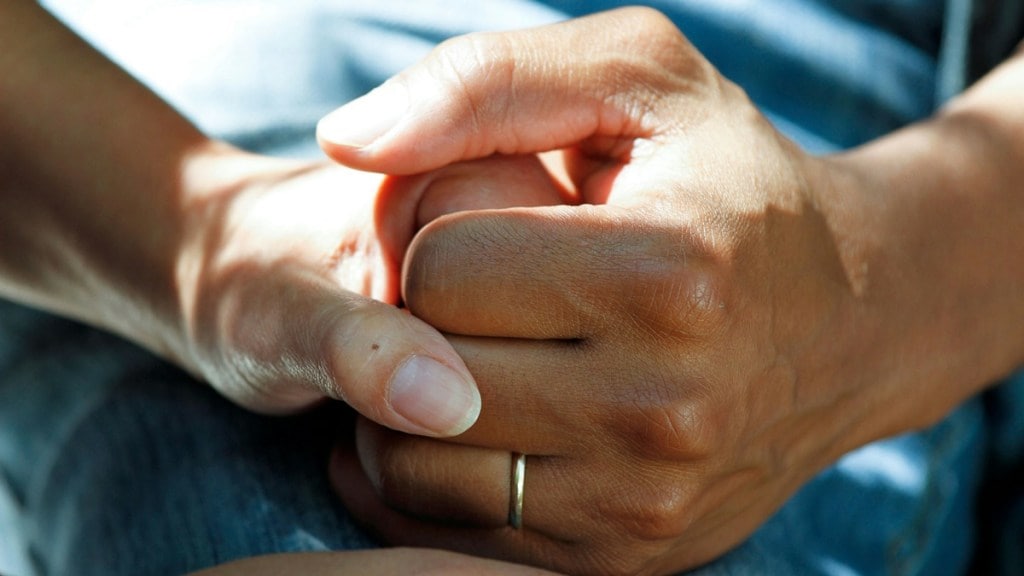World Cancer Day 2025: Cancer is the leading cause of death across the world. In India, the burden of cancer treatment is significant. According to experts, this is because a high number of cancer cases diagnosed at advanced stages, limited access to quality care due to inadequate infrastructure, and a substantial financial burden on patients
This often leads to catastrophic healthcare spending due to the high out-of-pocket costs associated with treatment. On an average, the cancer treatment cost in India ranges from Rs. 2,50,000 – Rs. 20,00,000.
The World Health Organization (WHO) There is a significant variation in treatment availability between countries of different income levels; comprehensive treatment is reportedly available in more than 90 percent of high-income countries but less than 15 percent of low-income countries.
On Saturday, Finance Minister Nirmala Sitharaman announced a full exemption from basic customs duty on several critical medicines in the Union Budget 2025-26. The exemption, came in effect from February 2, 2025, aims to lower treatment costs for patients suffering from cancer, rare diseases, and chronic conditions, making essential medications more affordable and accessible through Patient Assistance Programmes (PAPs).
The policy covers a broad range of medicines, particularly those used in the treatment of rare genetic disorders, cancer, and immunological conditions. Among the key beneficiaries are treatments for spinal muscular atrophy (Onasemnogene Abeparvovec) and Gaucher disease (Velaglucerase Alpha)—both extremely expensive drugs manufactured by global pharmaceutical companies such as Novartis, Sanofi, and Takeda. With the exemption in place, these medicines will now become more affordable, especially for patients relying on PAP, according to a report by Business Today.
In oncology, Daratumumab (used for multiple myeloma) and Atezolizumab (used for various cancers) will also be exempt from customs duty. These drugs, produced by Johnson & Johnson and Roche, are priced significantly high in India—Daratumumab costs over Rs.7 lakh per dose, while Atezolizumab is priced around Rs.1.5 lakh. With the customs duty exemption, prices could drop by Rs.10,000 to Rs.30,000 per dose, making them more accessible to patients.
According to the Business Today report, the exemption is a significant step for both patients and pharmaceutical companies. The exemption is expected to reduce treatment costs by 10-20 percent, depending on the drug.
In February 2024, the government slashed GST (Goods and Services Tax) from three major cancer drugs: Trastuzumab Deruxtecan, Osimertinib and Durvalumab. The finance minister also announced provisions to set up cancer care centers in all districts of India during her presentation of the Union Budget for 2025-26. These moves are particularly beneficial for cancer patients who have long advocated for more affordable options.
Meanwhile, Qartemi by Immuneel Therapeutics — backed by the Pulitzer-winning cancer physician Dr Siddharth Mukherjee and biotech entrepreneur Kiran Mazumdar Shaw has become the second CAR T-cell therapy to become available in the country. It is a type of immunotherapy prescribed to treat those with blood cancer that has relapsed and stopped responding to treatment. According to a report by Indian Express, it will be priced between Rs 35 and 50 lakh, comparable to the other CAR T-cell therapy available in the country. The therapy developed by ImmunoAct, a collaboration between IIT Bombay and Tata Memorial, also works on similar blood cancers and is offered at around Rs 40 lakh.
